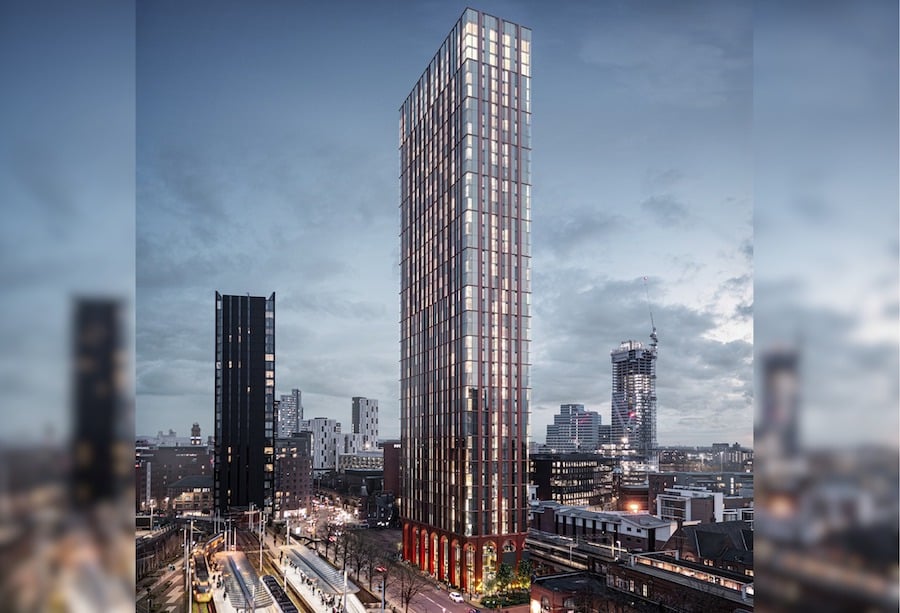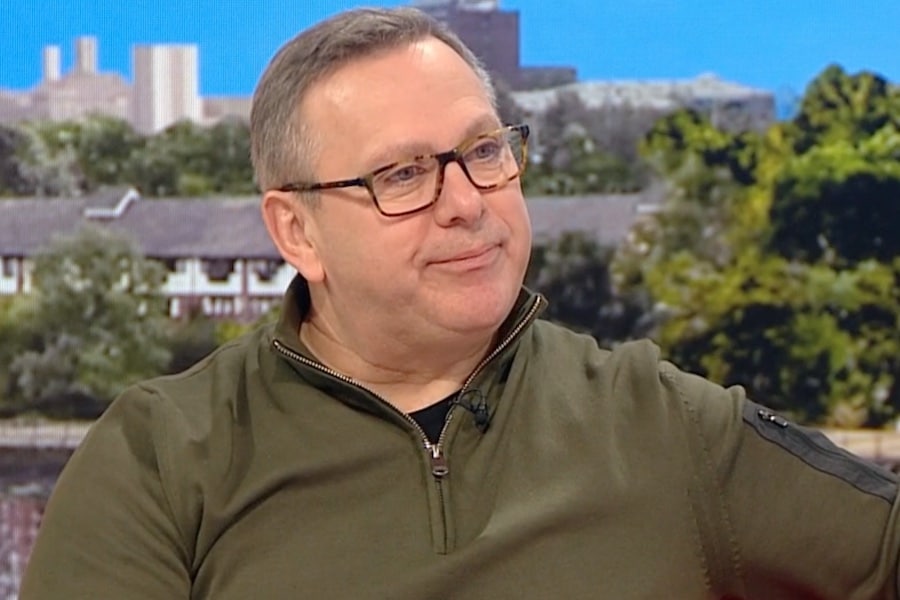Could Crossrail 2 scupper plans for better northern rail links?
- Written by Ray King
- Last updated 6 years ago
- Business, Travel & Hotels
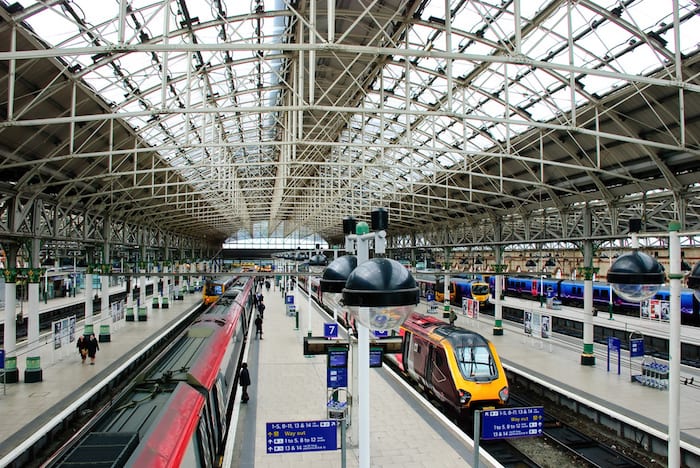
A battle royal is looming between the north and south over future rail projects as London MPs moan that £27bn Crossrail 2 could be delayed by backing for the upstart Northern Powerhouse
If you believe the propaganda, the £15 billion being spent on building Crossrail east-west across Greater London will benefit the UK’s economy by £42 billion. A good deal? And for whom?
The £202 million per mile project will see the first trains running between London’s Liverpool Street station and Shenfield, Essex, this year. Yet despite its massive cost – London sucks in more than half of England’s total transport spending – the capital’s MPs are demanding more; much more – and at the expense of much needed rail projects in the north.
Transport chiefs in the south-east are insisting that as soon as Crossrail is open, work on Crossrail 2, a £32 billion line north-south through London from Hertfordshire to Surrey should begin. London Mayor Sadiq Khan wants a ‘cast iron pledge’ from the next government that the project gets the green light.
London MPs on the All Party Parliamentary Transport Group claim that funding HS3 – upgrading the rail route from Liverpool to Leeds through Manchester, at the heart of the Northern Powerhouse initiative – could put Crossrail 2 in jeopardy.
This week the new metro mayors of Manchester and Liverpool, Andy Burnham and Steve Rotherham, called for assurances that HS3 will go ahead before work begins on Crossrail 2. Their demands put them in direct conflict with their London counterpart who has claimed that the capital’s transport network ‘would grind to a halt’ without the massive new investment.
The north west regional leaders say that, on the contrary, better northern rail links must be the top priority – particularly, improving east-west links and creating better connections for Manchester and Liverpool airports.
“It cannot be right that a journey from Manchester Piccadilly to Newcastle can take the best part of three hours, particularly when London to Paris can be done in the same amount of time,” said Mr Burham. “A 21st Century economy needs 21st Century infrastructure”.
He added that despite promises made to the region through the Northern Powerhouse initiative, road and rail systems were still creaking as a lack of infrastructure investment was holding back the economy.
“Liverpool and Manchester built the world’s first ever passenger railway nearly 200 years ago, and there is a compelling logical and economic case for better and faster connectivity between the two cities,” Mr Rotherham said.
“We desperately need additional capacity and better infrastructure if we are going to realise the full potential of our two great cities and create an urban economy with the critical mass to balance London. This is a vital piece of investment for the wider region and for our country as a whole.”
In February, think-tank IPPR North also made the call for greater commitment to HS3, which was seen as a crucial step towards closing the north-south divide in rail investment.
The possibility of Manchester and Liverpool, then Leeds and Hull, being linked by 350mph maglev trains was cast into the mix this week. Transport for the North, a partnership of business leaders, local authority and transport chiefs, have received a proposal from Direct City Networks (DCN) seeking to develop the revolutionary ‘hover’ trains.
The technology of magnetic levitation was the brainchild of Atherton-born Prof Eric Laithwaite, known as the ‘father of maglev’, who studied electrical engineering at Manchester University. However, the system is currently almost entirely confined to China and Japan. DCN estimate the cost of linking Manchester to Leeds by maglev at between £2.2 and £3.7 billion.
The looming battle between HS3 and Crossrail 2 will be a resumption of north-south hostilities – still not completely resolved – over the building of HS2, the high-speed rail line from London to Birmingham and on to Manchester and Leeds. The colossal cost of Crossrail and the potentially even more expensive Crossrail 2 has not stopped the south of England lobby group Stop HS2 from going all out to derail the route to the north.
Their mantra is that there’s no business case for HS2, no environmental case and no money to pay for it (though mile for mile it is far less costly than Crossrail) and they have accused both Theresa May and Jeremy Corbyn of being ‘mistaken’ for supporting it.
- This article was last updated 6 years ago.
- It was first published on 18 May 2017 and is subject to be updated from time to time. Please refresh or return to see the latest version.
Did we miss something? Let us know: [email protected]
Want to be the first to receive all the latest news stories, what’s on and events from the heart of Manchester? Sign up here.
Manchester is a successful city, but many people suffer. I Love Manchester helps raise awareness and funds to help improve the lives and prospects of people across Greater Manchester – and we can’t do it without your help. So please support us with what you can so we can continue to spread the love. Thank you in advance!
An email you’ll love. Subscribe to our newsletter to get the latest news stories delivered direct to your inbox.
Got a story worth sharing?
What’s the story? We are all ears when it comes to positive news and inspiring stories. You can send story ideas to [email protected]
While we can’t guarantee to publish everything, we will always consider any enquiry or idea that promotes:
- Independent new openings
- Human interest
- Not-for-profit organisations
- Community Interest Companies (CiCs) and projects
- Charities and charitable initiatives
- Affordability and offers saving people over 20%
For anything else, don’t hesitate to get in touch with us about advertorials (from £350+VAT) and advertising opportunities: [email protected]
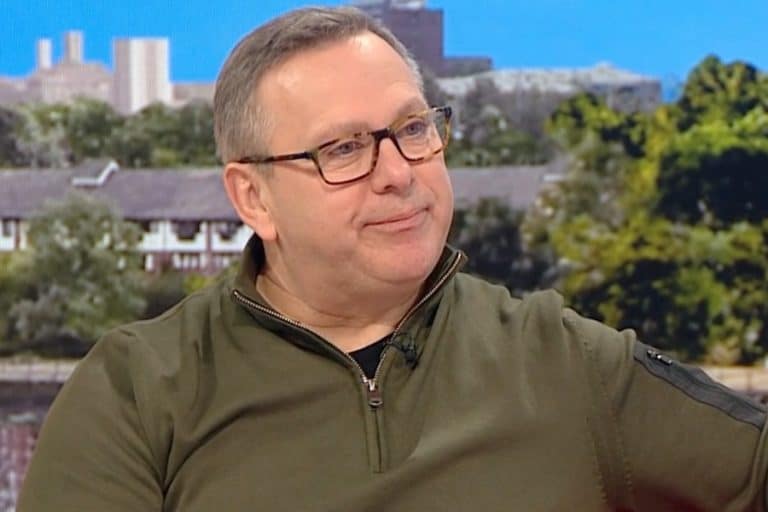
“We’re at breaking point” iconic Manchester bar owner speaks out on hospitality crisis
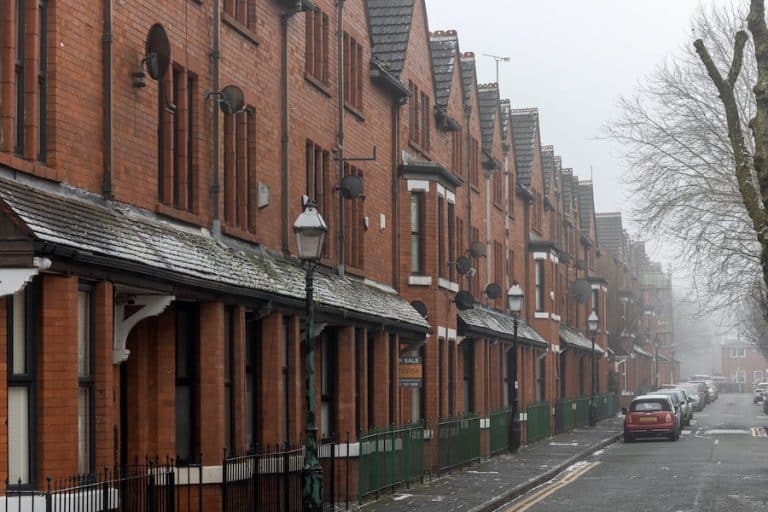
“It’s not a ‘no go’ area anymore, it’s a really lovely place” – The reinvention of Ordsall



Didsbury Sports Ground needs your help to rise again after devastating floods







